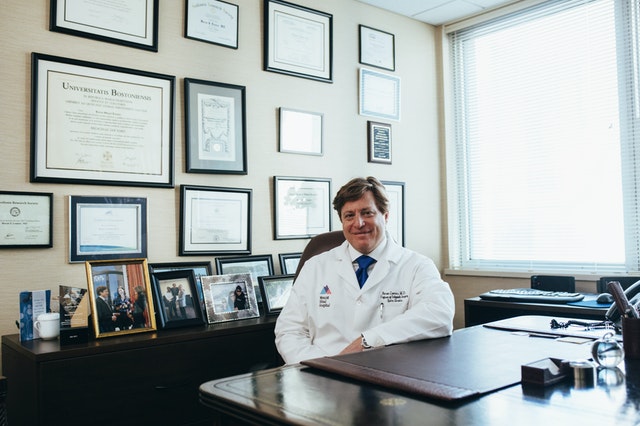What is the difference between doctor training and dental training? A doctor, also known as medical doctor, pediatrician, or even dentist, is a qualified professional who practices internal medicine, that is, dealing with treating, diagnosing, treating and preventing disease, injury and other bodily and psychological impairments. In addition, he/she must have knowledge on all areas of health like internal medicine, nursing, general surgery, pediatrics, geriatrics, psychology etc. It takes several years to complete a doctor training course from an accredited institute in the United States. It is also important for doctors to be updated with the latest medical research and advancements.
One of the most important areas of doctor training is residency. Residency is a supervised experience wherein a practicing doctor gives a week or two to a hospital or community-based organization as his/her place of activity. During this time, the doctor trains on the specific areas of practice that needs to be mastered, learns the new skills that are needed and undergoes hands-on clinical experience. At the end of the residency, the doctor can choose to continue with a specialization, or register for a position in a hospital.
Foundation Year: The foundation year, also known as the premedical year or the pre-determined number of hours, serves as the preparation for the m.d. exam. In some countries, these years are organized by profession organizations. Foundation year is usually about 12 months long, though, for international students, the foundation year may last as long as twelve semesters.
Residency: During residency, the medical doctor is trained on all the practical aspects of medicine. The emphasis is more on teaching the skills and theories rather than imparting medical knowledge. Most residency programs take six months. In addition to this, the residency includes internships or externships carried out by the resident during his/her stay in the medical school.
Externship: In many countries, the residents are required to serve a one-year internship in a local hospital or medical school. This is known as an externship. During the externship, the doctor will acquire practical experience in a doctor’s office, clinic or hospital. This will prepare him/her for the final examination upon completion of the residency. It will also allow the doctors to network with medical staffs that could be valuable once they start their own practice.
Final Examination: Following the residency, the final examination is conducted and the candidates are now allowed to take the licensure exam. This exam is known as the license examination. The licensed m.d. must be in good standing before he/she can take the licensing exam.
Doctor Training and Practice: Following the foundation year, the newly minted doctor is required to participate in a specialty training program. This specialty training program is known as the foundation year. During the foundation year, the doctors are provided with the basic foundation knowledge of their specific area of expertise. During the foundation year, many additional trainings are given such as lectures, demonstrations and case studies.
Pre-requisites for admission into the pre-medical program have been set and are typically available on the Application. However, if you are required to submit proof of your citizenship, an IBC number or proof that you have received an oil per day allowance during your residency, you must provide this to the Program Director upon admission. If all the requirements are met, acceptance into the pre-medical program is possible. After acceptance into the program, the pre-medical doctor can look forward to a rewarding and career-long career in general surgery, pathology, pediatrics, psychiatry, women’s health, acute care and specialties as per the area of expertise selected.







